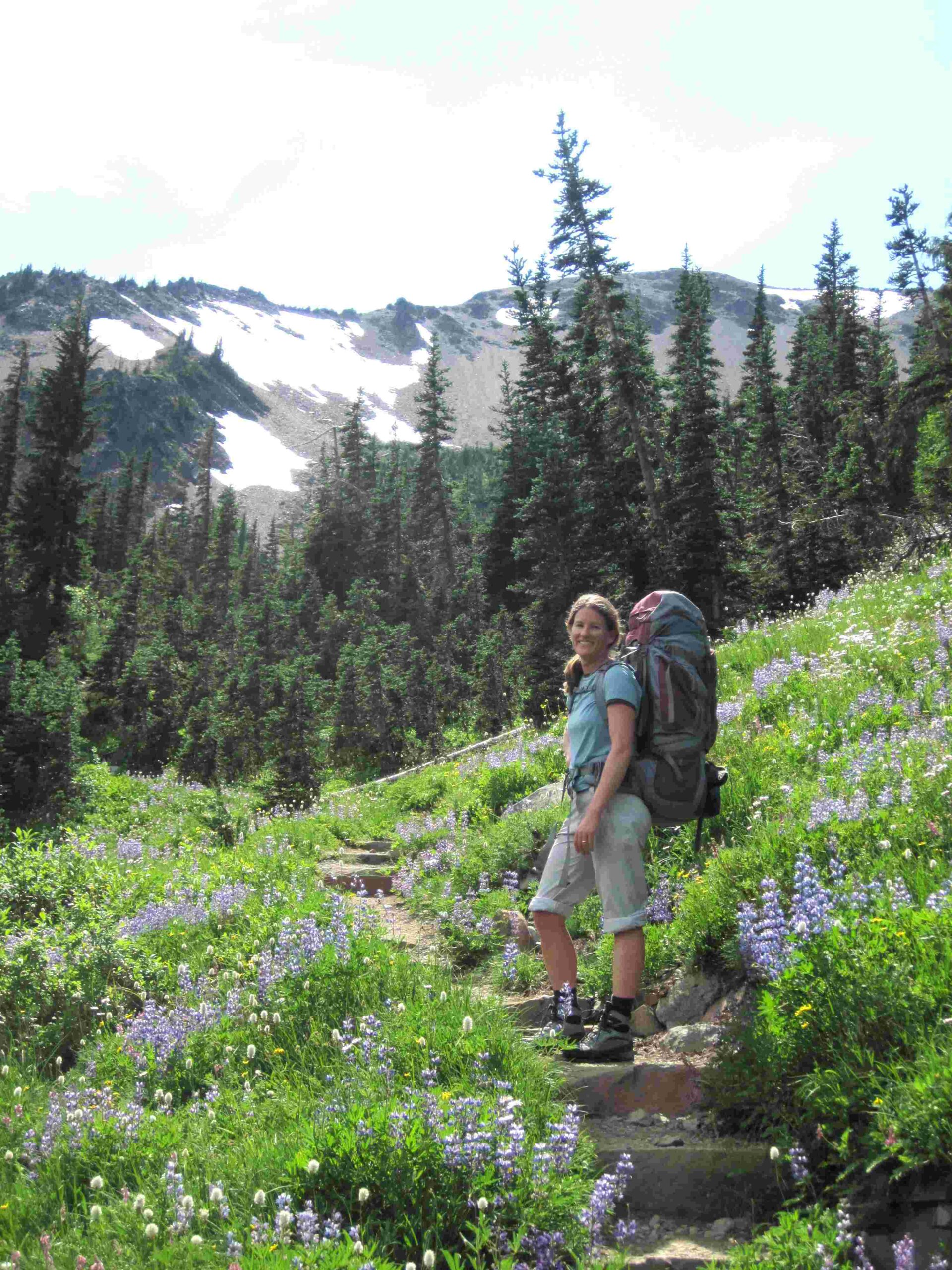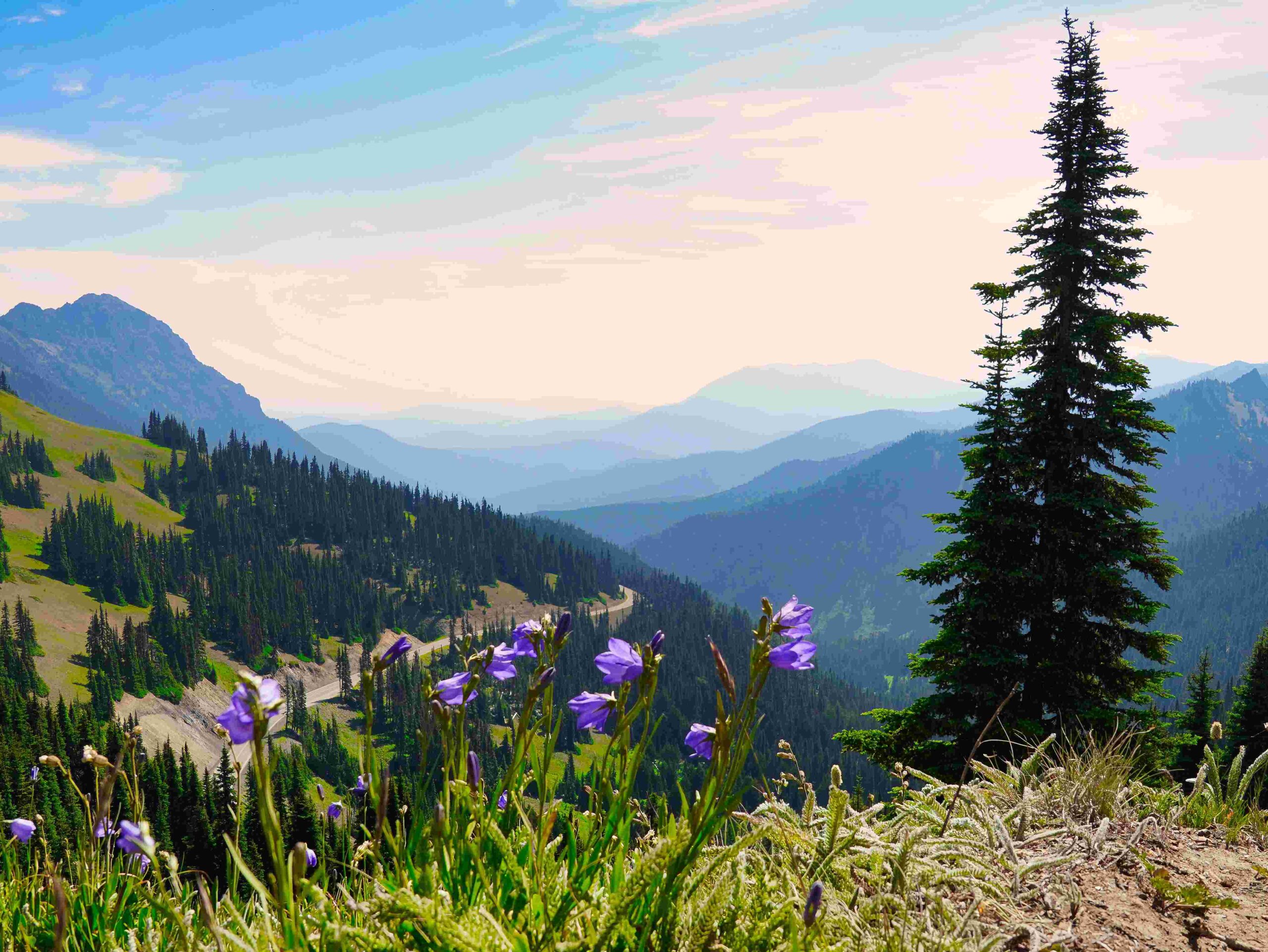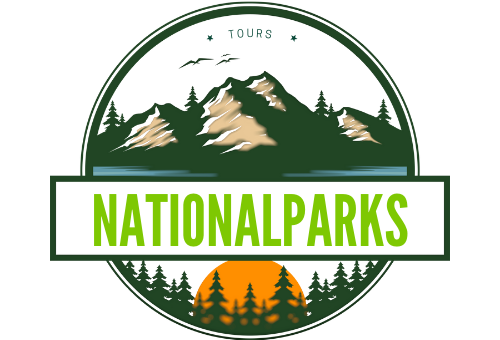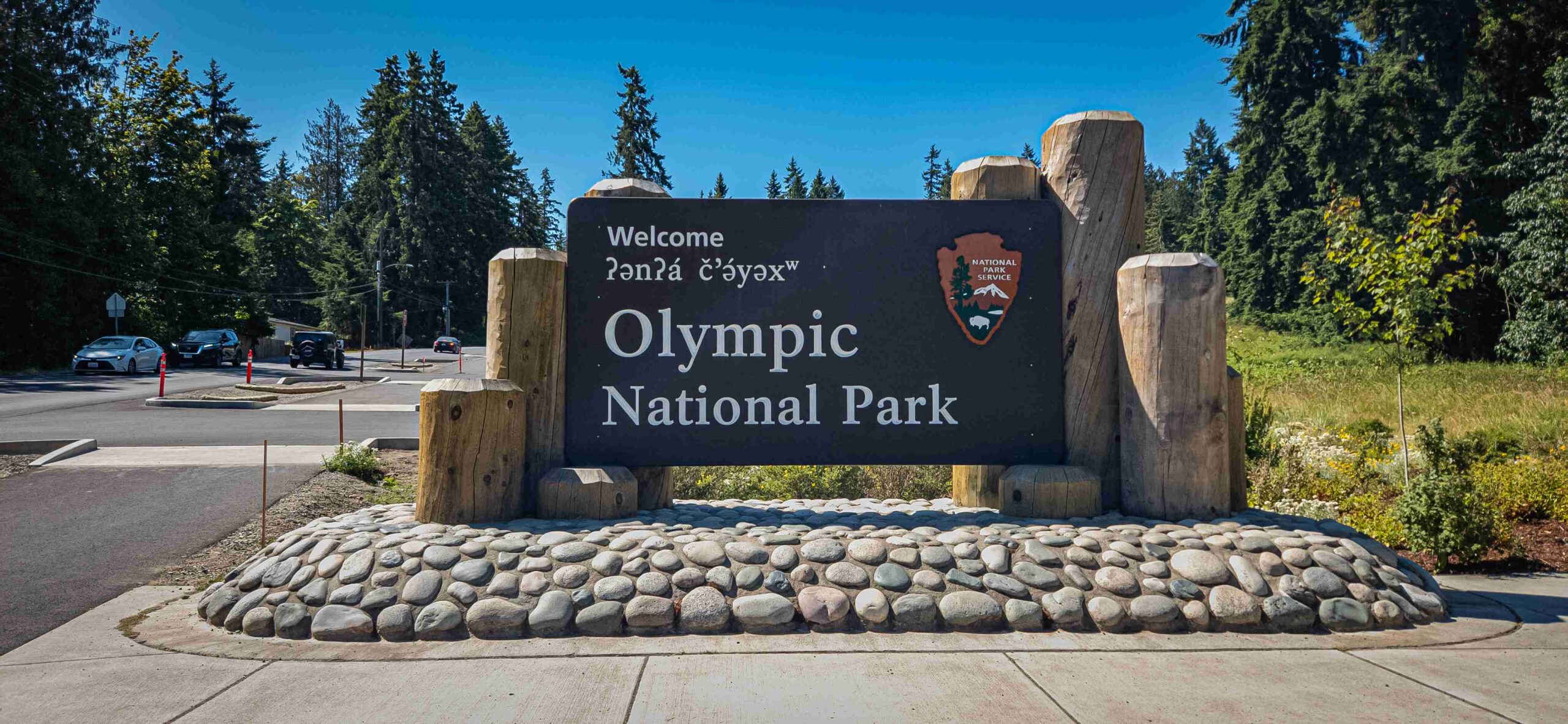Olympic National Park in Washington state is renowned for its diverse landscapes, including lush rainforests, rugged coastlines, and majestic mountains. Among its many natural wonders, the park’s waterfalls stand out as some of the most captivating features. From towering cascades to gentle streams, these falls offer visitors a chance to experience the raw beauty of the Pacific Northwest. This guide explores the various waterfalls within Olympic National Park, providing essential information for hikers and nature enthusiasts.
What Are the Most Notable Waterfalls in Olympic National Park?

Olympic National Park boasts an impressive array of waterfalls, each with its unique charm and characteristics. Here’s a list of some of the most notable falls:
- Sol Duc Falls
- Height: 40-60 feet
- Location: Near Sol Duc Hot Springs Resort
- Trail Length: 2.9 km (1.8 miles)
-
Difficulty: Easy
-
Marymere Falls
- Height: Nearly 90 feet
- Location: Falls Creek, near Lake Crescent
- Trail Length: 0.75 miles (one way)
-
Difficulty: Easy to moderate
-
Mineral Creek Falls
- Height: About 60 feet
-
Location: Upper Hoh River area
-
Strawberry Bay Falls
- Height: About 100 feet
- Location: Near La Push, cascades into the ocean
- Trail Length: 1.3 miles to the falls, plus 0.6 miles at low tide
-
Difficulty: Easy to moderate
-
Murhut Falls
- Height: 155 feet (120 ft header and 35 ft dive)
-
Location: Duckabush River area
-
Madison Creek Falls
- Height: Not specified
- Location: Elwha River Entrance
- Accessibility: Wheelchair accessible
Which Waterfalls Offer the Best Scenic Views?

While all waterfalls in Olympic National Park have their unique appeal, some stand out for their exceptional scenic beauty:
- Sol Duc Falls: Known for its unique multiple streams and old-growth forest surroundings.
- Marymere Falls: Offers a stunning 90-foot drop amidst lush, old-growth forest.
- Strawberry Bay Falls: Provides a rare combination of ocean views and a cliffside waterfall.
How Accessible Are the Waterfall Trails?
Accessibility varies among the different waterfall trails in Olympic National Park:
| Waterfall | Trail Length | Difficulty | Accessibility Notes |
|---|---|---|---|
| Sol Duc Falls | 2.9 km | Easy | Well-maintained trail |
| Marymere Falls | 0.75 miles (one way) | Easy to moderate | Family-friendly trail |
| Madison Creek Falls | Short | Easy | Wheelchair accessible |
| Strawberry Bay Falls | 1.3 miles + 0.6 miles | Easy to moderate | Mostly flat trail, beach walk at low tide |
What Are the Best Seasons to Visit Olympic National Park Waterfalls?
The best time to visit waterfalls in Olympic National Park depends on your preferences:
- Spring (March to May): Ideal for maximum water flow due to snowmelt and rainfall.
- Summer (June to August): Offers the best weather for hiking but may have lower water levels.
- Fall (September to November): Less crowded with beautiful fall foliage.
- Winter (December to February): Some falls may be inaccessible due to snow, but others offer unique ice formations.
What Gear Should Hikers Bring for Waterfall Trails?
When hiking to waterfalls in Olympic National Park, consider bringing:
- Waterproof boots and clothing
- Sturdy hiking shoes
- Walking sticks for steep or slippery trails
- Camera and extra memory cards
- Water and snacks
- First aid kit
- Map and compass
Are There Any Safety Concerns for Waterfall Hikes?
While enjoying the waterfalls, keep these safety tips in mind:
- Stay on designated trails to protect yourself and the environment.
- Be cautious of slippery rocks near waterfalls.
- Check weather conditions before hiking.
- Inform someone of your hiking plans.
- Carry enough water and snacks.
- Be aware of wildlife and maintain a safe distance.
What Unique Features Do Some Olympic National Park Waterfalls Offer?
Several waterfalls in the park have distinctive characteristics:
- Sol Duc Falls: Often splits into three or four streams.
- Strawberry Bay Falls: Cascades directly into the ocean.
- Marymere Falls: Surrounded by old-growth forest.
- Madison Creek Falls: Wheelchair accessible.
How Can Visitors Minimize Their Impact on Waterfall Ecosystems?
To preserve the natural beauty of Olympic National Park’s waterfalls:
- Stay on marked trails to prevent erosion.
- Pack out all trash and follow Leave No Trace principles.
- Avoid disturbing wildlife or plant life.
- Use designated restroom facilities.
- Respect park regulations and closures.
By following these guidelines, visitors can help ensure that these magnificent waterfalls remain pristine for future generations to enjoy.
References:
1. 11 Epic Waterfalls In Olympic National Park (& Nearby)
2. 10 Best waterfall trails in Olympic National Park
3. A Magical Misty Tour – Olympic National Park

